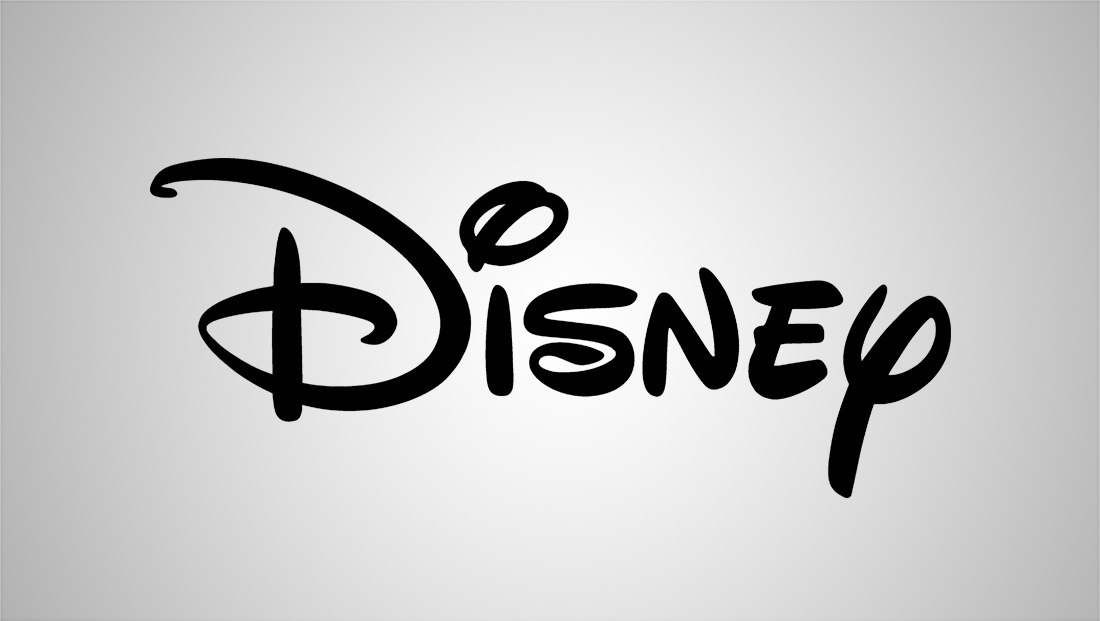Disney announces its ‘streaming purge’ across Hulu, Disney+
By MixDex Article may include affiliate links

Disney has announced that a slew of content will soon leave its streaming offerings Hulu and Disney+ as the company attempts to cut content costs with an eye toward improving financials.
Most of the removals take effect May 26, 2023, following announcements made around May 18, 2023, giving consumers a fairly limited warning.
Much of the content is series that only made it a season or two before cancellation, specials and direct-to-streaming films.
As of May 22, 2023, Disney is still finalizing what series will leave and says that decisions are still subject to change.
Disney says that it’s looking to cut its costs to improve the financial performance of its direct-to-consumer and streaming businesses. It’s not alone in removing large portions of content — AMC+, Showtime and HBO Max have also recently announced content cuts and similar strategies.
On the surface, consumers might be a bit confused as to why content is removed: After all, once you spend money producing a series, special or movie, can’t you just let it sit on a server somewhere? If even one person watches it a month isn’t that good?
However, the world of streaming licensing, royalties and other financials make things a bit more complex than that. In addition, by removing content from a platform, companies no longer have to pay licensing fees or residuals. Licensing fees are generally flat fees that a streaming company shells out just for the right to stream a particular title or series, even if, at least in theory, no one watches it.
Residuals, meanwhile, are typically paid to the various members of the creative team each time a title is watched for at least a specified number of minutes.
Not all shows on either linear TV or streaming are produced directly by the streamer. Typically there are other production companies and studios involved, especially on bigger projects. Suppose Disney (or one of its subsidiaries) is involved in producing a title, either on its own or with partners. In that case, the company still has to pay that division for the licensing rights, which shows up as an expense on the balance sheet.
By cutting back on the number of titles offered, streamers can cut both their upfront costs of licensing programs and also the residuals. While Disney likely looked at the number of viewers and opted to kill of more pricey series with lower viewership, it also likely examined the specific costs involved in licensing a series versus the number of viewers.
In many cases, unfortunately, this does mean that series or titles will become unavailable. It’s possible that they could find other streaming homes down the road, though this would require further negotiations. Disney also often has at least a hand in producing its own content, so it would presumably have at least some pull if another streamer wants to pick it up.
In the case of underperforming series, it could be unlikely that another streamer would even be interested in the rights unless the licensing fees were lowered significantly.
Media companies ranging from Disney to Netflix to Paramount to Comcast are also cutting back on commitments to produce new content for DTC brands in order to control costs and help boost the financials of these brands. Often these cuts are in the hundreds of millions to billions of dollars — so it’s no small amount of change.
Streaming has proven with be lucrative in the sense that it’s a way for companies to distribute content directly to consumers, cutting out middle-men such as cable providers, movie theatres or distribution companies.
However, streaming also has to contend with high customer acquisition costs, high churn and cancellation rates and consumer sensitivity against price hikes. As the streaming market becomes more clutters, it’s also becoming harder to get users to sign up for new services with many shying away from the idea of adding more recurring charges to their monthly expenses.
For an updated list of series Disney is dropping form its streaming, see this Deadline article.

